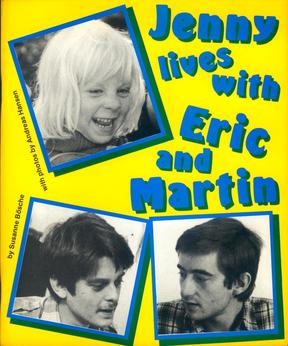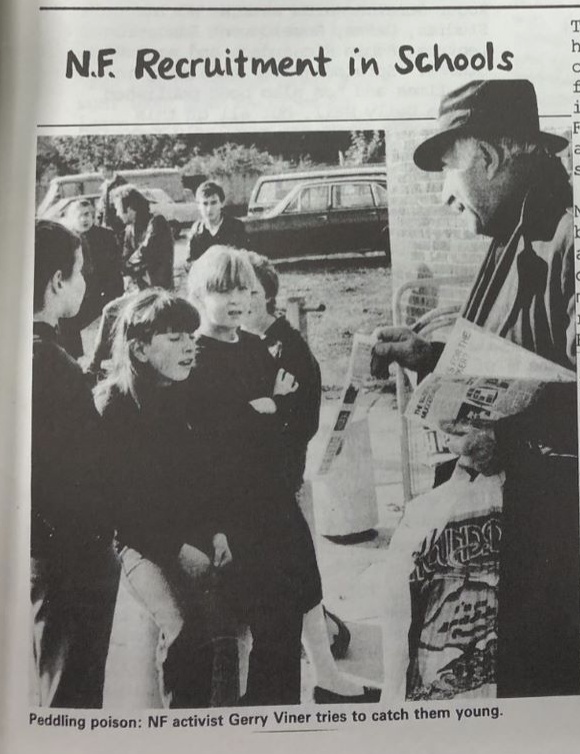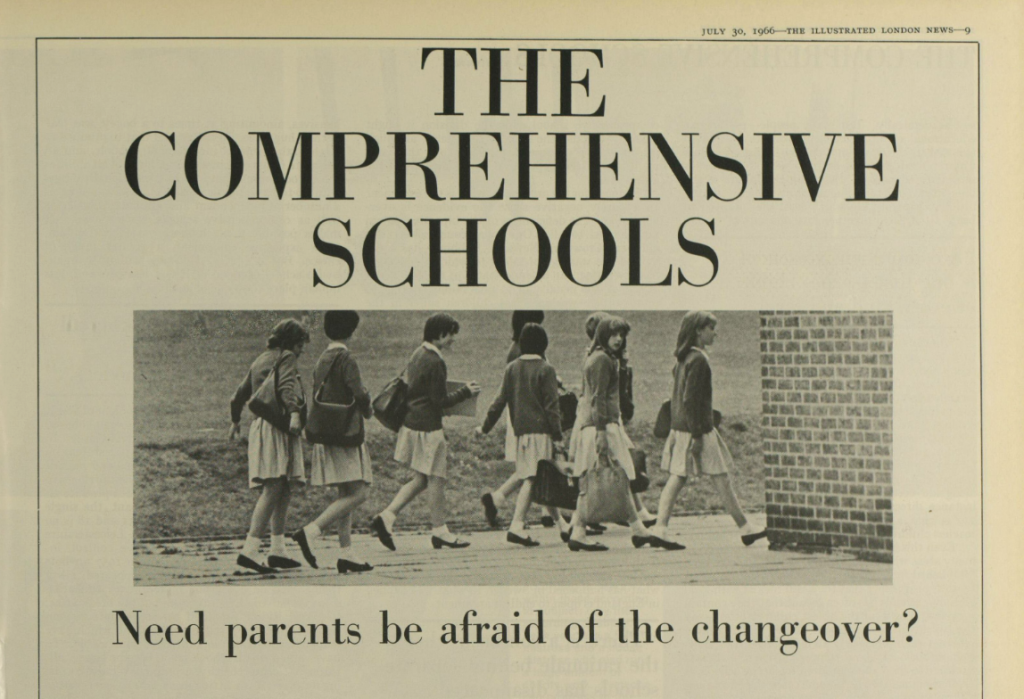Since August 2020, the SESC team have been working with four secondary school history teacher consultants to create Key Stage 3 School Resource Packs based on our archival research. While the resource packs will all focus on one main research question, In what ways do schools reflect social change in the United Kingdom since 1945?, each teacher is also creating an individually themed pack:
- Gender & sexuality (Molly Navey, Priory School, Lewes, East Sussex)
- Race & ethnicity (Hannah Cusworth, The Charter School, East Dulwich)
- Class & social mobility (Andrew Stacey-Chapman, Northallerton School & Sixth Form College, North Yorkshire)
- Everyday school life (Jonny Sellin, Bottisham Village College, Cambridgeshire)
We introduced the teachers and the initial details of the packs in an earlier blog post, published in September 2020 (available here), and gave a work-in-progress update following our second workshop in November 2020 (available here). The teachers have recently completed their first drafts of the packs, and last week we had our third workshop to discuss their progress. This post gives an insight into how the packs are progressing, and the timeline to launch.
Molly, who is examining changing experiences of and attitudes to gender and sexuality through the lens of secondary education, has mapped out six lessons, each covering:
- A contextual overview of social change after 1945
- How gender differences affected experiences of post-war education?
- How changing societal attitudes affected LGBTQIA+ pupils and teachers experiences of post-war education?
- What one book (Jenny Lives With Eric and Martin) can reveal about attitudes to gender differences and sexuality in the 1980s
- How historians have pieced together changing societal attitudes to gender differences and sexualities post-1945?
- Outcomes/summing up lesson.
Molly uses sources such as floorplans evidencing changing school layouts, adverts printed in school magazines, oral histories, and statistical data about school leavers.
Hannah, who is using the enquiry question ‘In what ways do schools reflect changing attitudes towards race in the UK since 1945?’ as a framework for her pack on race and ethnicity, has planned six lessons which each have a conceptual/thematic hook:
- Small numbers (an overview lesson which also looks at pre 1960 experiences)
- Assimilation (Bussing)
- Realisation (Community activism)
- Conflict ((Anti) racism)
- Multiculturalism (Faith school expansion)
- Outcomes/summing up lesson.
Hannah uses sources including oral histories describing pupil and teacher experiences, photographs of pupils of colour and National Front activity, and newspaper articles reporting on ‘dispersal’ (bussing).
Jonny is tackling the varied topic of ‘everyday school life’. While he uses evidential thinking as the main the conceptual driver of his pack, each lesson also examines how the particular theme in each lesson changed over time. He has planned six lessons, which cover:
- School architecture
- Corporal punishment
- Homework
- School dinners
- School uniform
- Outcomes/summing up lesson.
His sources include uniform catalogues from the Marks & Spencer archive, menus of food served for school dinners, pupil debates over school uniform, and media coverage of the abolition of corporal punishment.
Finally, Andrew is using the question ‘Are schools a reflection of societal change or a driver of social change?’ to anchor his work. His six lessons focus on:
- Class and social mobility (getting to grips with these concepts)
- Secondary education for all (introducing the bipartite system of education in Britain after 1944)
- Ladders of opportunity? (exploration of the limited impact of the bipartite system of education on class and social mobility)
- Grammar schools for all (arguments in 1950s and 1960s for the abolition of bipartite education in England)
- Comprehensive success (reactions to comprehensivisation in the 1960s and 1970s)
- Education, education, education (final quarter of the 20th century)
Andrew uses statistical data to his advantage, incorporating sources such as Goldthorpe’s seven-class scale, social survey material from the New Society in the 1960s, and graphs showing changes in class distribution over time. He also uses qualitative data such as birth cohort data material where participants were asked about their perceptions of class, and school log book entries recording school closures and mergers.
We are also incredibly grateful to several historians who have kindly recorded videos which be available as part of the packs. These films feature the historians briefly discussing their work, and then offering analyses of textual and visual sources relevant to a particular pack. Our thanks go to:
- Lucy Delap, for recording a video on disability & SEN
- Natalie Thomlinson, for recording a video on gender & class
- Satya Gunput, for recording a video on race and ethnicity (British South Asian experiences)
- Claire Langhamer, for recording a video on everyday life
- Amy Gower, for recording a video on gender & sexuality
- David Cowan, for recording a video on class & community
We look forward to sharing these brilliant films along with the packs themselves in the weeks to come.
Timeline
Our initial plan was that we would trial the resource packs at different secondary schools across the UK in the first few months of 2021, but due to the ongoing pandemic restrictions this has unfortunately not been possible. Indeed, while we originally hoped to launch the packs at the Historical Association conference in May, measures like archive closures have caused delays to our schedule. Instead, we plan to get the packs reviewed by external consultants, whose reviews we will use to inform the work done on the final drafts of the packs. We then hope to finalise the packs between June and July, and launch them on the Historical Association website in August (as well as through other teacher networks and across social media), before supporting those teachers preparing to use them in curricula from September 2021.
If you’d like to know more about these school resource packs and the teachers’ experiences of putting them together, join us for our session at the Historical Association 2021 Conference.
We feel truly honoured to be working with such a brilliant bunch of history teacher consultants, and can’t wait to show off the finished packs later this year!




